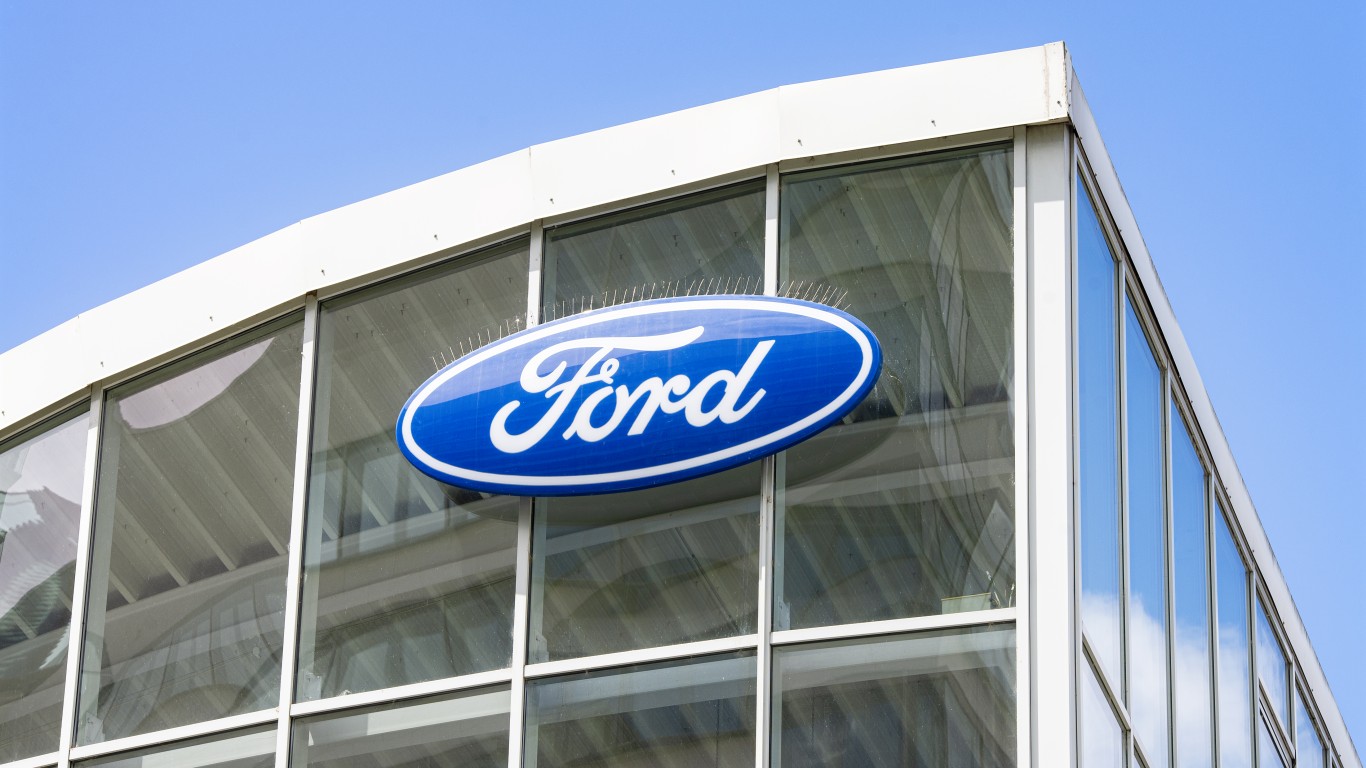Companies and Brands
Some Ford Dealers Overcharge Customers

Published:
Last Updated:

The demand for cars has surged in the U.S. over the last two years. Consumers locked out of dealers in the early spread of the COVID-19 virus are now actively in the markets.
The demand has been met by a lack of equal supply. Supply-chain problems have cut the number of vehicles manufacturers can supply. In particular, the biggest problem is the availability of chips used in car electronics systems.
Consumers have had two reactions. The first is to pay historically high prices for hard-to-find new and lightly used cars. The other is to put off buying completely. The average age of a car on the road in the U.S. has risen to more than 12 years, a record. Among the reasons is that cars have been better built in the last decade compared with the decades before.
Some dealers have taken advantage of low supply. They have started to charge more than the MSRP, which is the price set by the manufacturer. In the past, when new car inventories were large, dealers and manufacturers often had to use expensive incentives to bring in buyers.
The overcharging of customers has spread through the industry. Luxury car companies like Porsche have dealers who sometime sell cars for tens of thousands of dollars over MSRP.
The problem has spread to the domestic car companies. Ford admitted as much in comments its management made recently, And, it said it would punish dealers who jack up cars prices above the MSRP.
Ford’s warnings about prices are targeting dealers who have been “flipping.” This is a means of charging customers thousands of dollars more than Ford allows. In a note to dealers, the company said this is “negatively impacting customer satisfaction and damaging to the Ford Motor Company brand and Dealer Body reputation.”
Ford needs to worry about what will happen when ample supply returns and consumers can have a wide number of brands. Consumers will remember the car companies that tried to or did overcharge.
Apparently, the problem is so widespread that Ford cannot track it completely. Some dealers will continue to risk punishment, which could include a reduction of new cars for their inventories.
Additionally, because Ford cannot track them adequately, consumers will continue to be hurt by cars sold by prices that are too high.
Are you ahead, or behind on retirement? For families with more than $500,000 saved for retirement, finding a financial advisor who puts your interest first can be the difference, and today it’s easier than ever. SmartAsset’s free tool matches you with up to three fiduciary financial advisors who serve your area in minutes. Each advisor has been carefully vetted and must act in your best interests. Start your search now.
If you’ve saved and built a substantial nest egg for you and your family, don’t delay; get started right here and help your retirement dreams become a retirement reality.
Thank you for reading! Have some feedback for us?
Contact the 24/7 Wall St. editorial team.